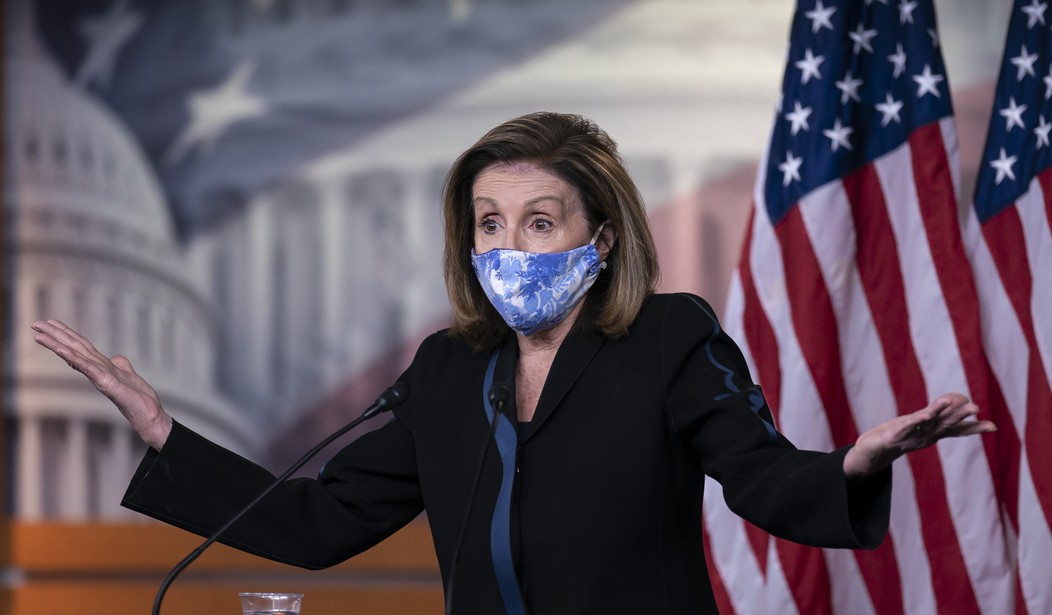Texas Rep. Jodey Arrington is one of several Republicans who are going to challenge Wednesday's electoral college certification. The Electoral Count Act of 1887 gives lawmakers the right to do so if they believe that votes have been "unlawfully certified" in certain states.
Their effort is getting plenty of pushback from Democrats. But in a letter to House Speaker Nancy Pelosi signed by over 40 Republican lawmakers, Arrington reminds her that she too has a history of supporting such objections.
"In fact, during the joint session debate of the 2004 presidential election, you yourself characterized Democrats' electoral vote count objections as 'democracy at work' and 'fundamental to democracy,'" Arrington writes. "Madame Speaker, you supported and even praised the objections of Democrat Members as 'speaking up for their aggrieved constituents' who had been 'disfranchised.'"
Arrington said he could not agree more strongly with her sentiments at that time that "the American people must have every confidence that every vote legally cast will be legally counted and accurately counted."
Yesterday, I led 40 of my @HouseGOP colleagues in a letter to Speaker Pelosi outlining the constitutional importance of Congress’ joint session, & reminded her of a few statements she made in 2016 when Democrats contested the certification of President @realDonaldTrump. pic.twitter.com/ffU0D3iR7f
— Rep. Arrington (@RepArrington) January 6, 2021
Recommended
In fact, Democrats have objected the past three times a Republican was elected president.
"In 2016, my Democrat colleagues objected to the certification of votes and then inexplicably refused to accept Congress' ultimate certification of President Trump as our legitimate and duly elected president," Arrington notes.
In a separate statement, Arrington explained why he'll be objecting to the electoral college certification.
"The law is clear about my authority and responsibility in tomorrow’s proceedings, and the Constitution and prior court rulings are unambiguous: only state legislatures can make election laws, – not Governors, Secretaries of State, courts, or election officials," Arrington said.

























Join the conversation as a VIP Member